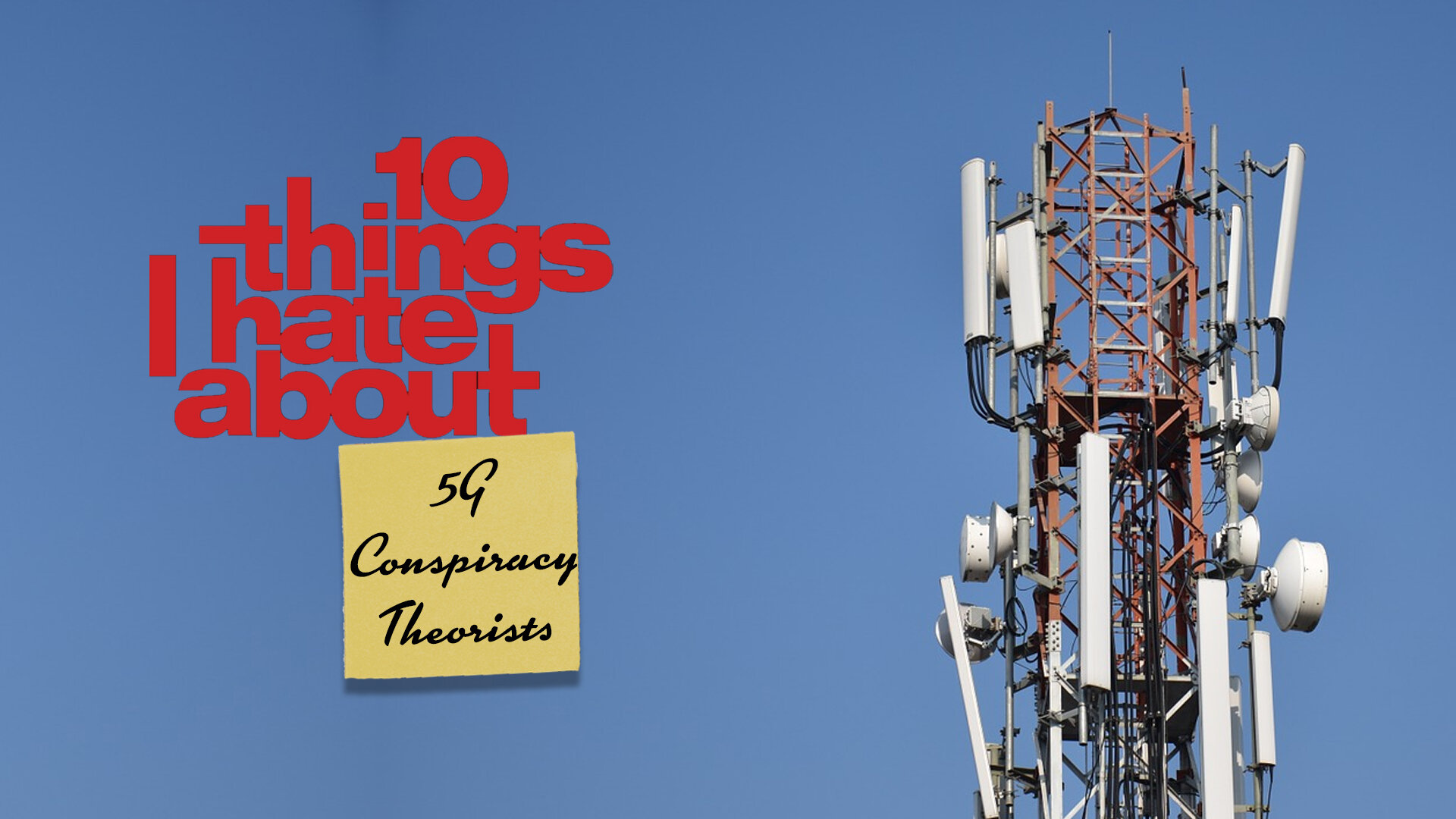Why The Metropolitan Police Aren’t Prepared To Stop Internet Trolls - And A Solution To Their Problems
News recently broke that the Metropolitan Police have set up a specialist task force to deal with online trolling. Whilst we can all applaud the positive step that this is, it’s important to ask the question: will this actually help?
The team has only 5 members, and with trolling a bigger issue than it ever has been, will they be able to even make a dent in the number of online hate crimes? What’s m part of the problem of online trolls: unmasking them.
There are a plethora of ways to disguise your identity. New laws have been passed to make it much easier to prosecute trolls, but none of the measures taken so far can solve the most significant problem. The advent of HTTPS has made it impossible to tell what people are doing when they go to a certain website, even though it’s undoubtedly a good thing.
On top of this, VPNs and proxy servers have rendered simply telling which websites somebody is connecting to an impossibility. Even on a basic level, any troll with even a little bit of sense would conduct their activities under a pseudonym.
This anonymity is essentially the root of the trolling problem – there are no consequences for saying the sort of shit that trolls say when nobody can tell who you are.
However, it’s important to note that decreasing privacy on the internet is no solution to the issue of online hate crime whatsoever. In fact, reducing privacy could mean that many legitimate uses of online security such as instant messaging and online banking become even more appealing to hackers and criminals than they already are.
In my personal opinion, the solution to the trolling problem is to trick trolls into voluntarily handing over their personal information. It’s true that this is much easier said than done, but the group Dark Justice has had success using a similar approach on paedophiles, which has so far resulted in 34 convictions.
Whilst trolls are probably not as gullible as paedophiles, they operate in similar underground networks and the weakest link in any online security today is the user; modern encryption techniques such as SHA-256 are so powerful that a brute-force attack on the information would take so long as to be utterly impractical (thousands of years).
In some cases, the difficulty posed by strong encryption could be sidestepped by working with the platforms used for trolling, such as Facebook and Twitter. However, often even these websites know nothing about their users.
Anti-trolling measures imposed by the sites are rarely effective either – Facebook’s rule against pseudonyms has served only to anger those in the LGBT community and, ironically, victims of trolling. Nobody at Facebook seemed to realise that no right-minded troll would use an obviously fake name.
Essentially, it’s pretty easy to see that the response to online trolling has been too little, too late. It seems as if those in authority don’t really understand the issue at hand, although I doubt I could do a much better job.











Alongside the scientists, 50% of the British public and the future health of young people across the nation, I have one simple request: delay Freedom Day, please.